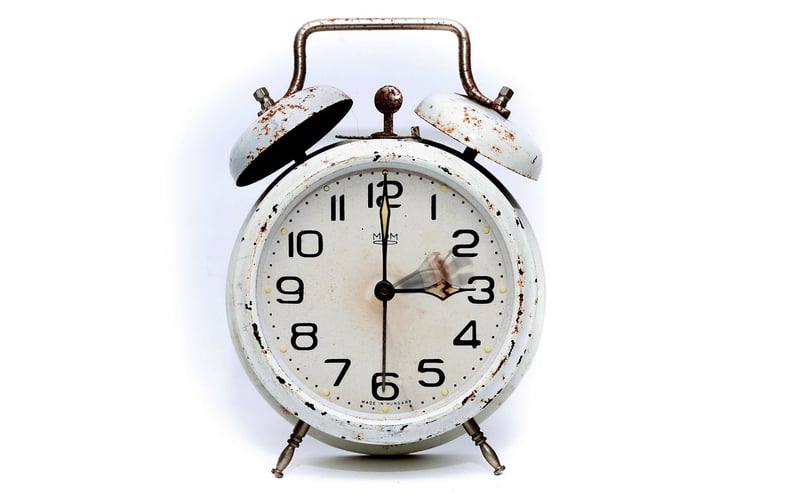Ethical Dilemmas
Moral Considerations in Time Travel and Ethical Dilemmas
Time travel has long been a fascinating concept in science fiction, allowing individuals to journey to the past or future. However, with this ability comes a myriad of moral considerations and ethical dilemmas that can have profound implications on individuals and society as a whole.
The Grandfather Paradox
One of the most well-known ethical dilemmas in time travel is the Grandfather Paradox. This paradox posits a scenario where a time traveler goes back in time and prevents their grandfather from meeting their grandmother, thus preventing the time traveler's birth. This raises questions about causality, free will, and the potential for paradoxes to unravel the fabric of time itself.
Changing Historical Events
Another moral consideration in time travel is the notion of changing historical events. If a time traveler were to alter a key event in the past, such as preventing a war or assassination, they could inadvertently create a ripple effect that alters the course of history in unforeseen ways. This raises questions about interference with the natural progression of events and the potential consequences of such actions.
Temporal Responsibility
Temporal responsibility is another ethical dilemma that arises in time travel. If individuals have the ability to travel through time, are they morally obligated to use this power for the greater good? Should they intervene in past events to prevent suffering, or should they adhere to a non-intervention policy to preserve the integrity of the timeline?
Preservation of Cultural Integrity
When traveling to the past, time travelers must also consider the preservation of cultural integrity. Interacting with past civilizations or historical figures could have unintended consequences on the development of culture and society. Time travelers must navigate the delicate balance between observation and interference to ensure that they do not disrupt the natural progression of cultural evolution.
Conclusion
In conclusion, time travel is not just a fantastical concept but a complex moral and ethical minefield. The ability to traverse through time raises profound questions about causality, free will, responsibility, and the preservation of cultural integrity. As we continue to explore the possibilities of time travel in fiction and theory, it is essential to consider the ethical implications of such journeys and the impact they may have on the fabric of reality.

For more information on time travel and ethical dilemmas, check out Stanford Encyclopedia of Philosophy - Time Travel.
